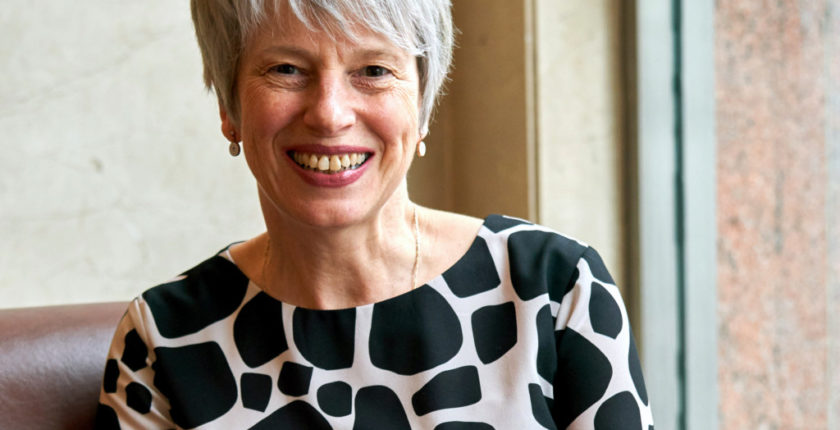Skills for Care CEO Sharon Allen on how technology is empowering social care
[ad_1]
 Skills for Care CEO Sharon Allen
Skills for Care CEO Sharon AllenIf you’d told me when I started in my social care career I would have a phone in my pocket that could link me to endless information from around the world I would have laughed, and said you were reading too much science fiction.
Today, the seemingly endless technological developments we have to deal with means adult social care providers and workers have to engage fully with the digital revolution that is going on around us every day.
We already use digital systems to develop care plans, create rotas and keep staff records, which helps to reduce the burden of paperwork, and give staff more time with the people they support.

Advertisement
And whilst that is important, we now have a window to use digital technology to make sure our fellow citizens have greater choice and control.
Skills for Care’s digital team think there will be an increasingly powerful role for self-care technology so citizens monitoring and analysing their own health and well-being will become a significant new force. Care services will need to blend how we use information and the idea of citizen empowerment with their offer of support.
Environmental ‘smart’ environments will offer opportunities for far more targeted care. Sensors and technology built into, or placed in the home environment, will enable families and citizens to have greater clarity and insight into where activities in the home are problematic.
So, for example, if we can see via motion sensors that someone is not using the toilet for long periods of time then care providers can pre-empt the possibility of a UTI by focusing on improving this aspect of care.
On a more personalised level it is clear that smart environments can contribute to the control citizens have over their own space. It means they can shut doors, close curtains or turn the volume on their devices up or down.
Robotics will, over time, become affordable and mainstream, but I don’t think we are on the brink of the march of the robots.
With that in mind I disagree with those who call for ‘full automation’ of ‘repetitive tasks’ in health and care services.
In the real world it is about creating the correct working relationship between employers and technologists as robotics will make huge strides to create machines that offer an important enhancement to how care is currently delivered.
They will be able to help people move, help people self-care. We are currently involved with a cross European trial run by CARESSES to see if a Japanese robot called Pepper can be adapted to help people feel less lonely and stay cognitively stimulated.
I believe we will always need to have a human workforce in care, but over the next few years we need to be working alongside robotics, and other technologies, to see what they can do to help us deliver the very best care.
And that move to automation must always start by asking the citizens accessing services what level of automation they are comfortable with, and what level of human contact they want.
A smartphone is no longer science fiction and increasingly affordable technology means social care providers have to be set up to make sure their workers can use it to their maximum potential.
To find out more about Skills for Care’s work around technology go to www.skillsforcare.org.uk/digital
[ad_2]
Source link

